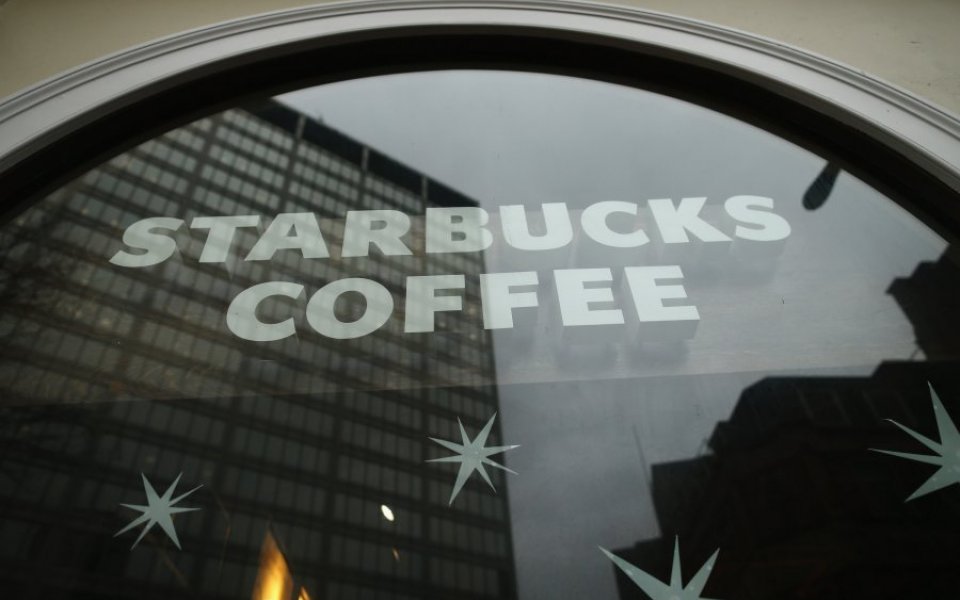Starbucks and Fiat EU tax ruling: Luxembourg and Netherlands no longer corporation tax sweethearts

Starbucks and Fiat are in for a very large tax bill. €30m to be exact. Each.
The EU has ruled that “sweetheart” tax deal arrangements between large corporations and individual countries amount to state aid and are therefore illegal.
"All companies, big or small, multinational or not, should pay their fair share of tax,” said iron-fisted competition commissioner Margrethe Vestager.
Starbucks faced not only a public backlash over its arrangements with the Netherlands, but the ire of Brussels, after its corporate tax bill came in at a measly one per cent of profits. Now it will have to wake up and smell the coffee as the dutch government has been told to claim back as much as €30m (£22m) from the coffee house.
Fiat’s arrangement in Luxembourg also meant a tax bill of just one per cent on its earnings in Europe, drawing similar criticism and attention from Europe’s anti-trust investigators. The Luxembourg government will now also try to recover €30m from the car maker.
The ruling paths the way for future action on the tax arrangements of other high-profile multinationals, which minimise their taxes in Europe by funnelling profits through headquarters in one country where these deals are struck.
Amazon, Facebook and Apple follow a similar process, which until now has been perfectly legal, with European HQs in Luxembourg and Ireland respectively.
The new EU ruling says it is the countries which have acted illegally and Vestager, who has been cracking the whip when it comes to anti-trust investigations, isn’t leaving it at these two.
"We do not stop here. We continue the enquiries into tax rulings. More cases may come if we have indications that EU state aid rules are not being complied with,'' she said.
Luxembourg’s government has said it disagrees with the ruling and Starbucks said it plans to make an appeal.